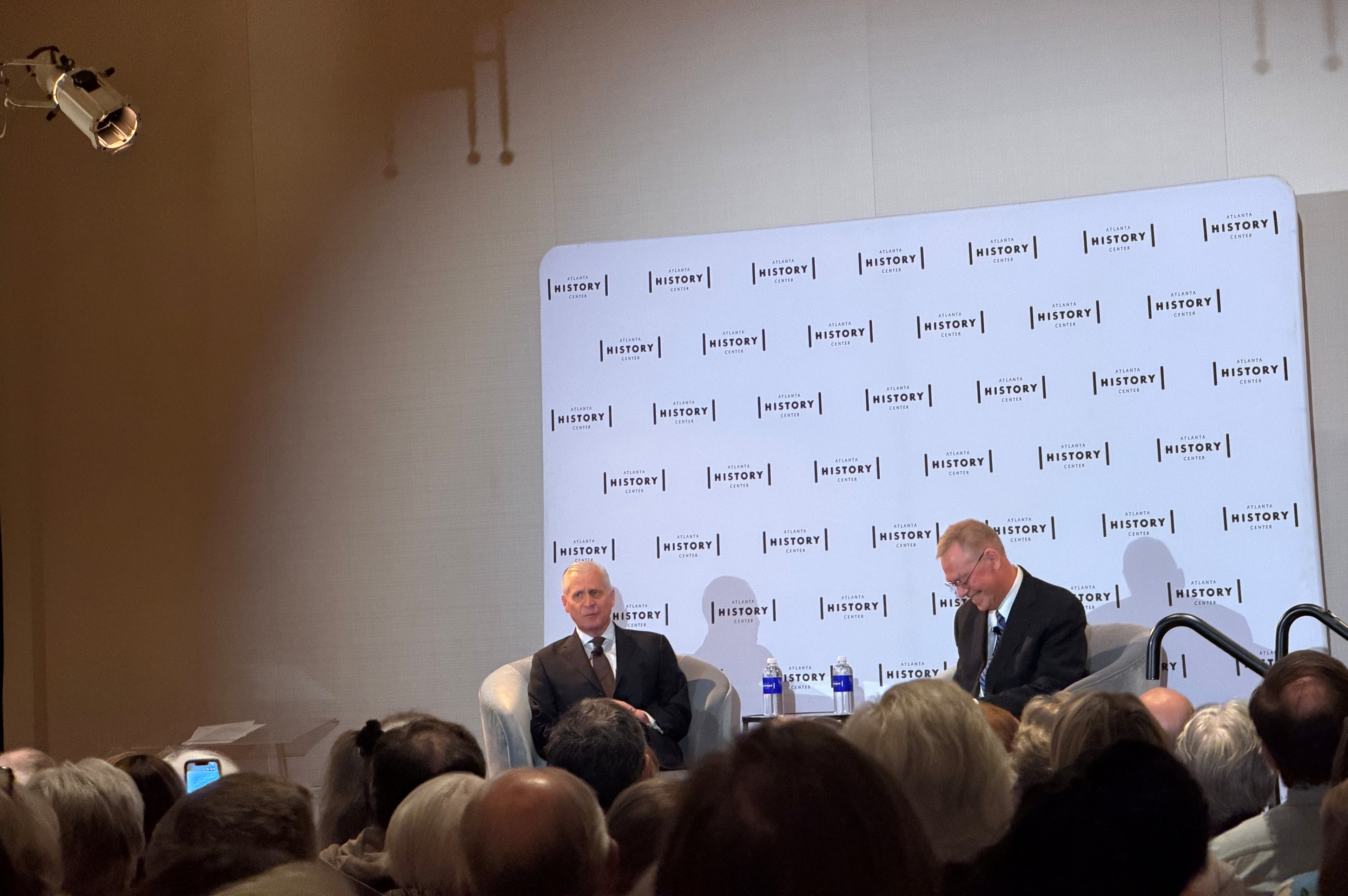Is the world a safer place?
LONDON — The killing of Osama bin Laden provided a moment of catharsis that had eluded America for a decade. Flag-draped crowds spontaneously gathered outside the White House and at ground zero in Manhattan, singing the national anthem. On television, Peter Bergen, an expert on al-Qaida and one of few people in the field to have actually met its leader, declared: “Killing bin Laden is the end of the war on terror.”
The mood today is likely to be more sober, as Americans cast their minds back on past premature declarations of victory, in Afghanistan at the end of 2001 and at President George W. Bush’s infamous “Mission Accomplished” triumphalism over Iraq in 2003.
The struggle against terrorism does not give itself easily to neat beginnings and endings. In one sense, the “war on terror” ended in March 2009 when the incoming Obama administration decided it was a counter-productive phrase in the first place, bringing America’s enemies together rather than dividing them.
After being driven from Afghanistan in 2001, al-Qaida’s response was to transform itself into a far looser global network that would be harder to destroy. In its most dilute form, al-Qaida is little more than a franchise that alienated groups around the world can sign up for, exchanging formal oaths of allegiance for the dread that the name inspires in their enemies.
The most likely short-term impact of bin Laden’s death is an increase in al-Qaida attacks around the world, as the martyr effect kicks in and these disparate groups carry out attacks to ensure that the killing of their spiritual leader does not go unavenged. If they fail to do so, their supporters and enemies alike could rightly question whether they are still in business at all.
The biggest question is: How long will bin Laden’s martyrdom last? Will it flame out and die in a blaze of small attacks or will it feed on itself and create a new generation of committed jihadists?
Bin Laden’s end comes at a time when al-Qaida’s influence is on the wane in the Arab and wider Islamic world. It has been conspicuous by its absence in the Arab Spring. To most of the revolutionaries in Tunisia, Egypt and Libya, bin Laden was irrelevant. But the Arab revolt is still in its early stages and its outcome is unclear. It is still possible that disillusion, protracted violence and the failure of the NATO intervention in Libya could create an opportunity for jihadists.
If and when that moment comes, much will depend on whether the martyrdom of bin Laden is a more powerful factor than the absence of any plausible successor. Ayman al-Zawahiri, the aged, mumbling Egyptian doctor who has fulfilled the role of deputy since he brought his Egyptian Islamic Jihad into the al-Qaida fold in 1998, has none of bin Laden’s charisma. The group’s Libyan ideologue, Abu Yahya al-Libi, also lacks the stature and respect necessary to take up the mantle.
The most likely outcome is fragmentation, with the possible rise of al-Qaida in the Arabian Peninsula, or AQAP, as the leading “brand” leader. The Yemeni-based group showed its ingenuity last November by smuggling pentaerythritol tetranitrate, or PETN, bombs inside printer cartridges onto FedEx and UPS planes flying to the West.
AQAP’s strategy is to attempt frequent small attacks, to inflict a death by “a thousand cuts” on its western enemies. But Yemen is a narrow base to operate from and easier to isolate.
What does seem probable is that al-Qaida is today less able to mount a spectacular mass-casualty attack on the West, because it has lost bin Laden’s grand ambitions and the necessary cohesion he instilled.
Furthermore, as it now appears he was living in a well-guarded compound in the heart of Pakistan and not in a cave in the remote tribal areas, he may well have been playing more of an operational role than many observers had thought possible.
But while the threat of a devastating attack on the West, possibly involving a new weapon like a “dirty” radiological bomb, has almost certainly receded, there remains the constant menace of the bomb in a cafe, as in Marrakech last week, or once more on a plane. That threat may never go away.
Julian Borger is the Guardian's diplomatic editor. He was previously a correspondent in the U.S., the Middle East, Eastern Europe and the Balkans. This commentary appeared on guardian.co.uk


